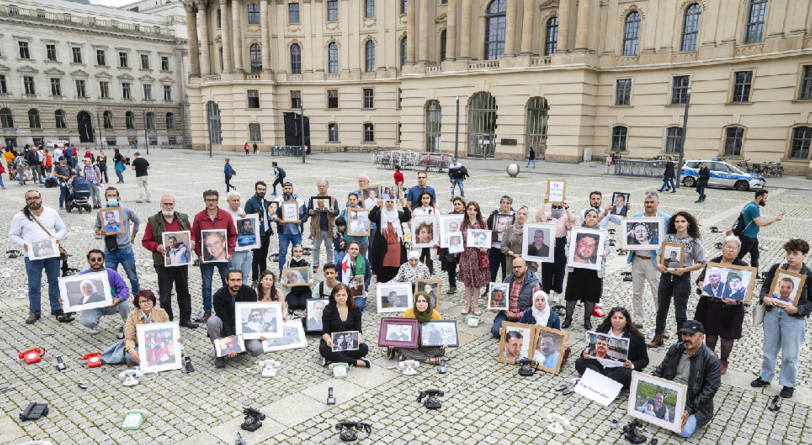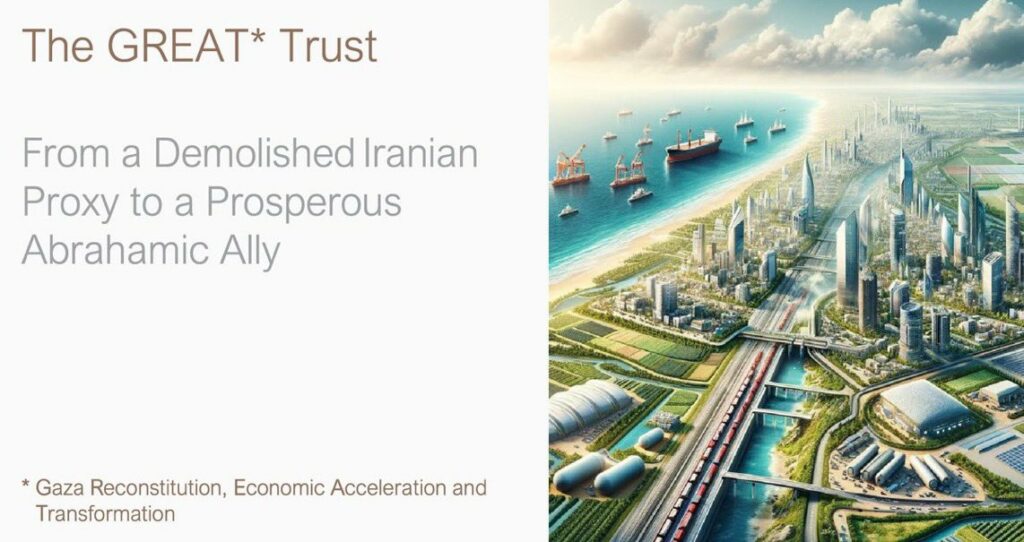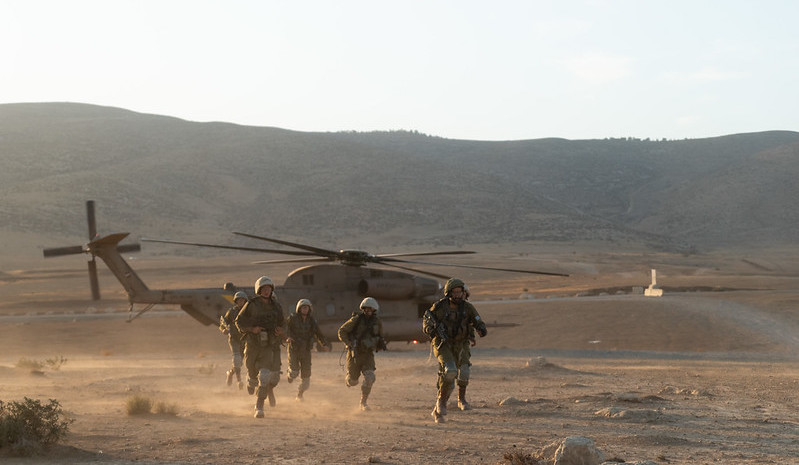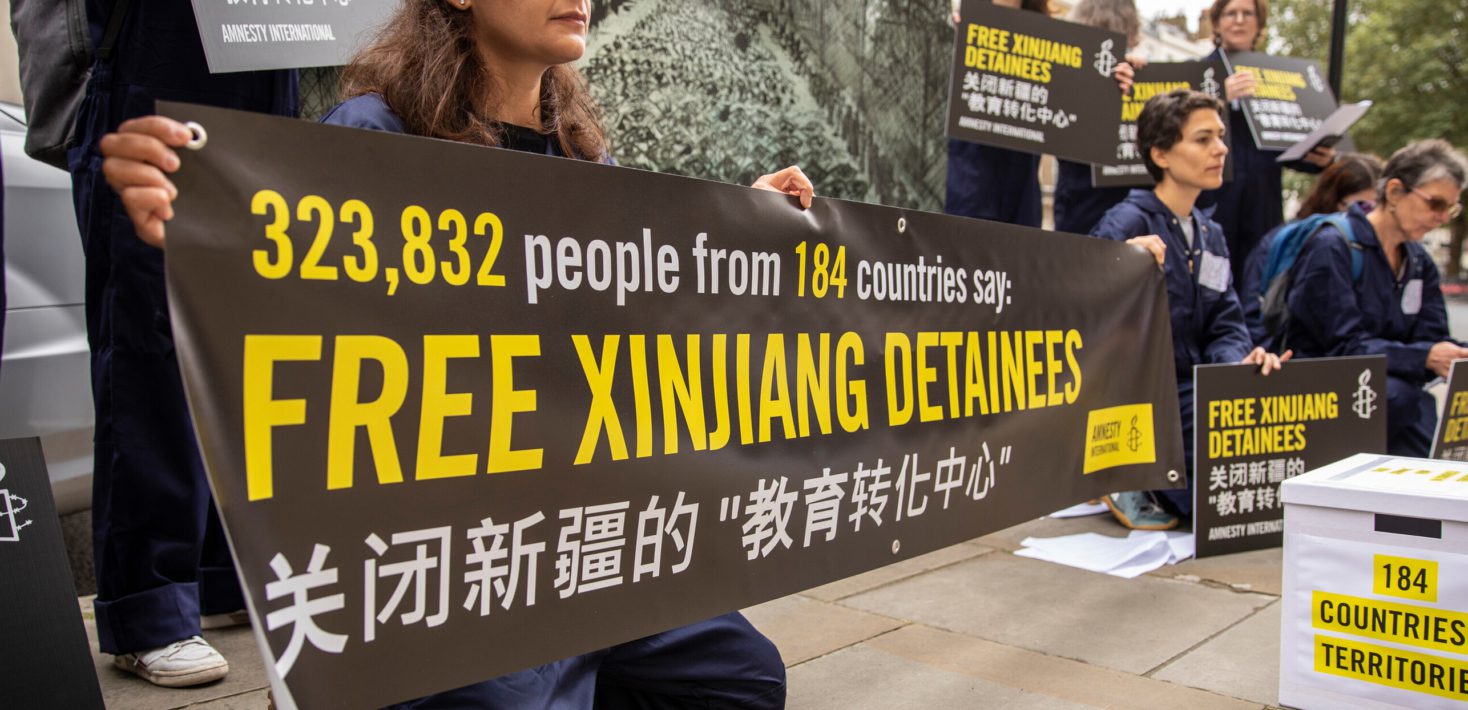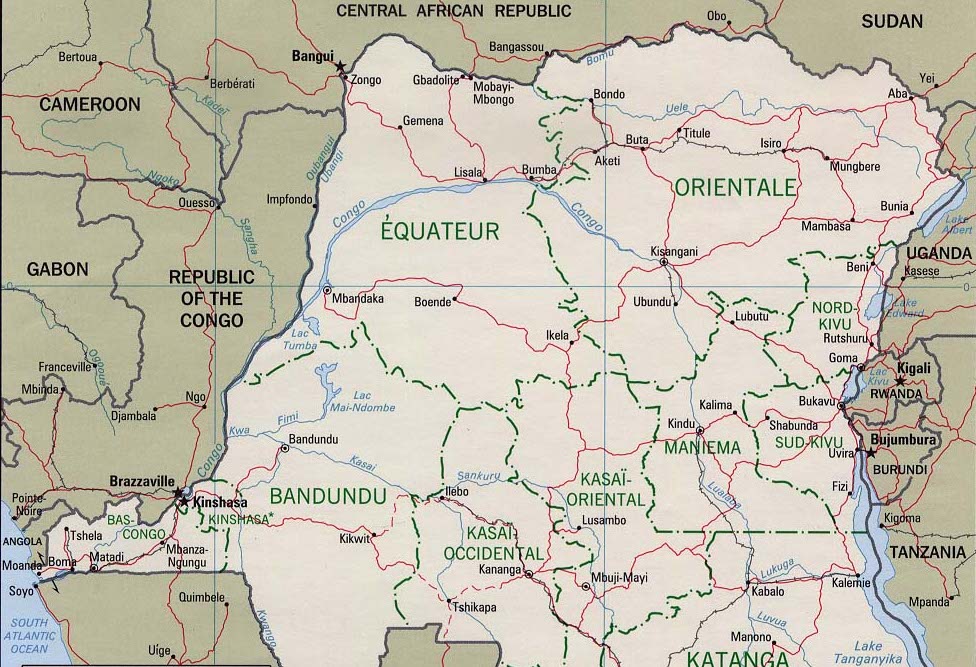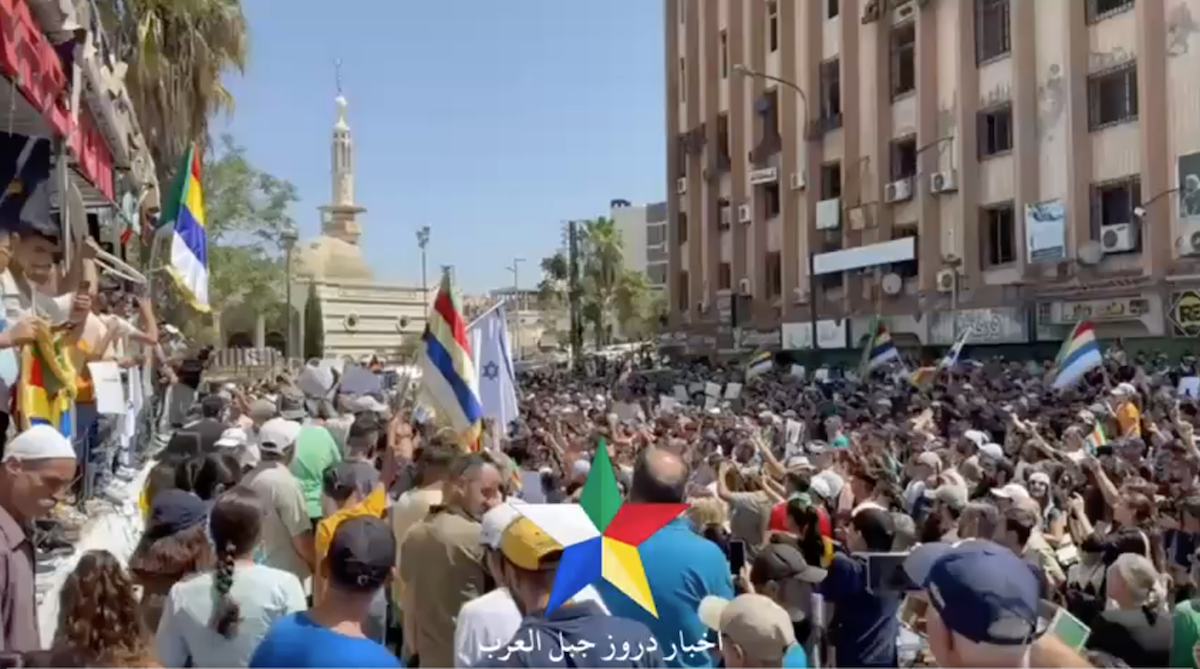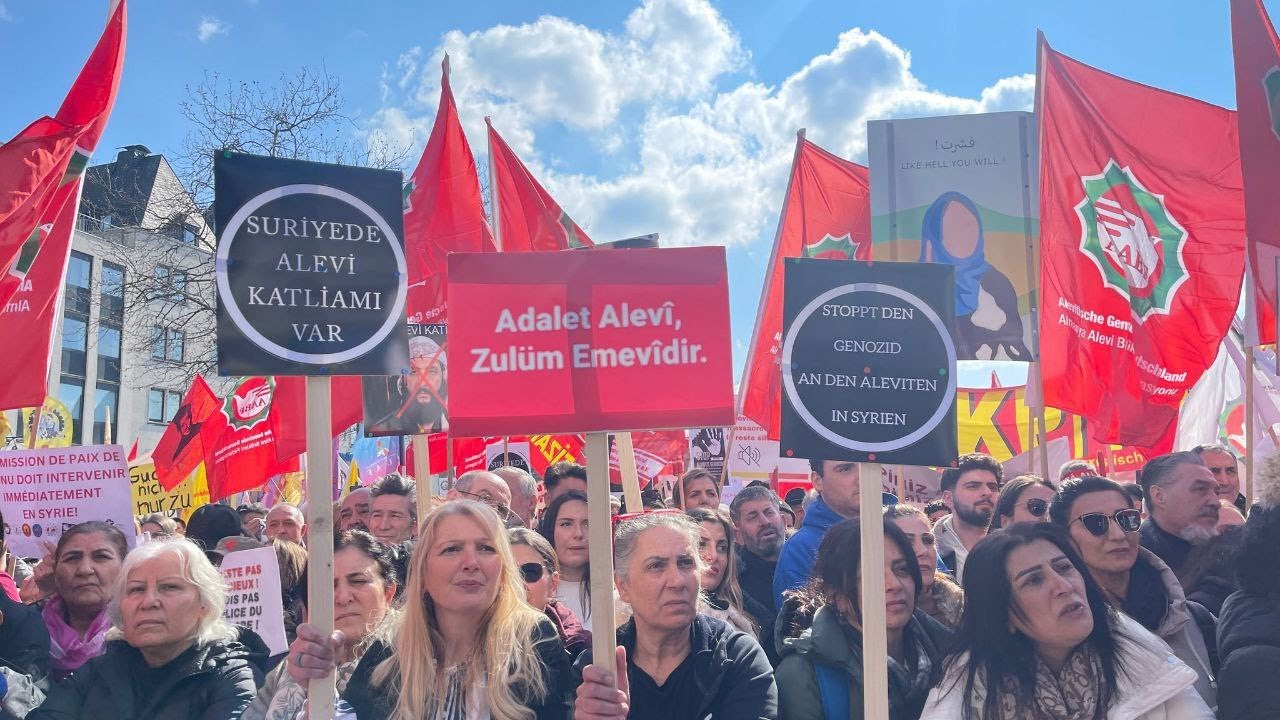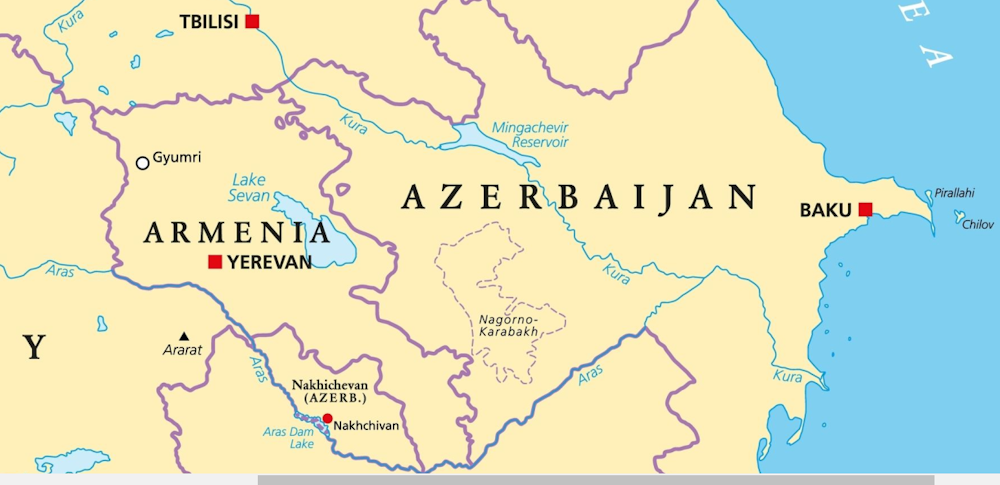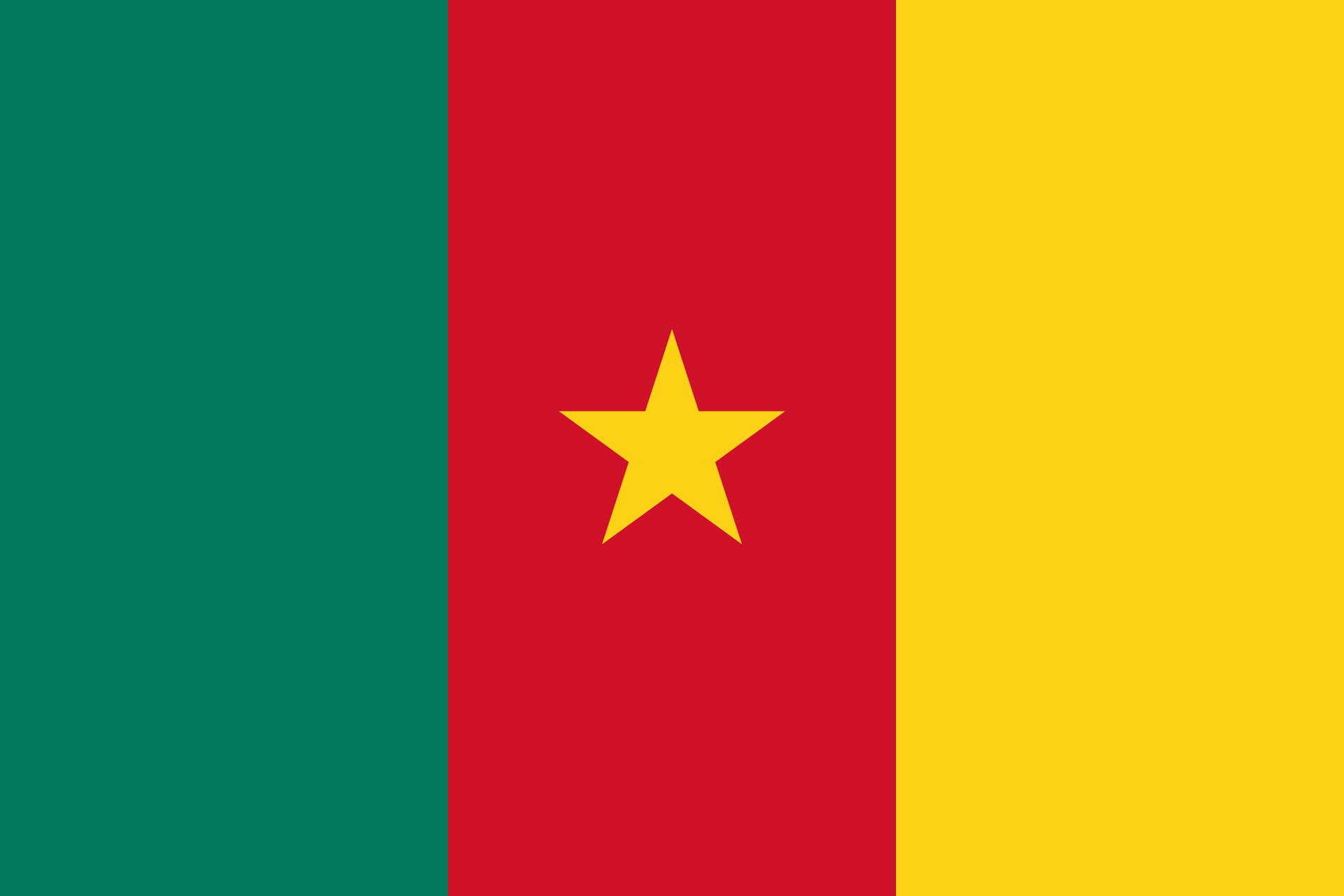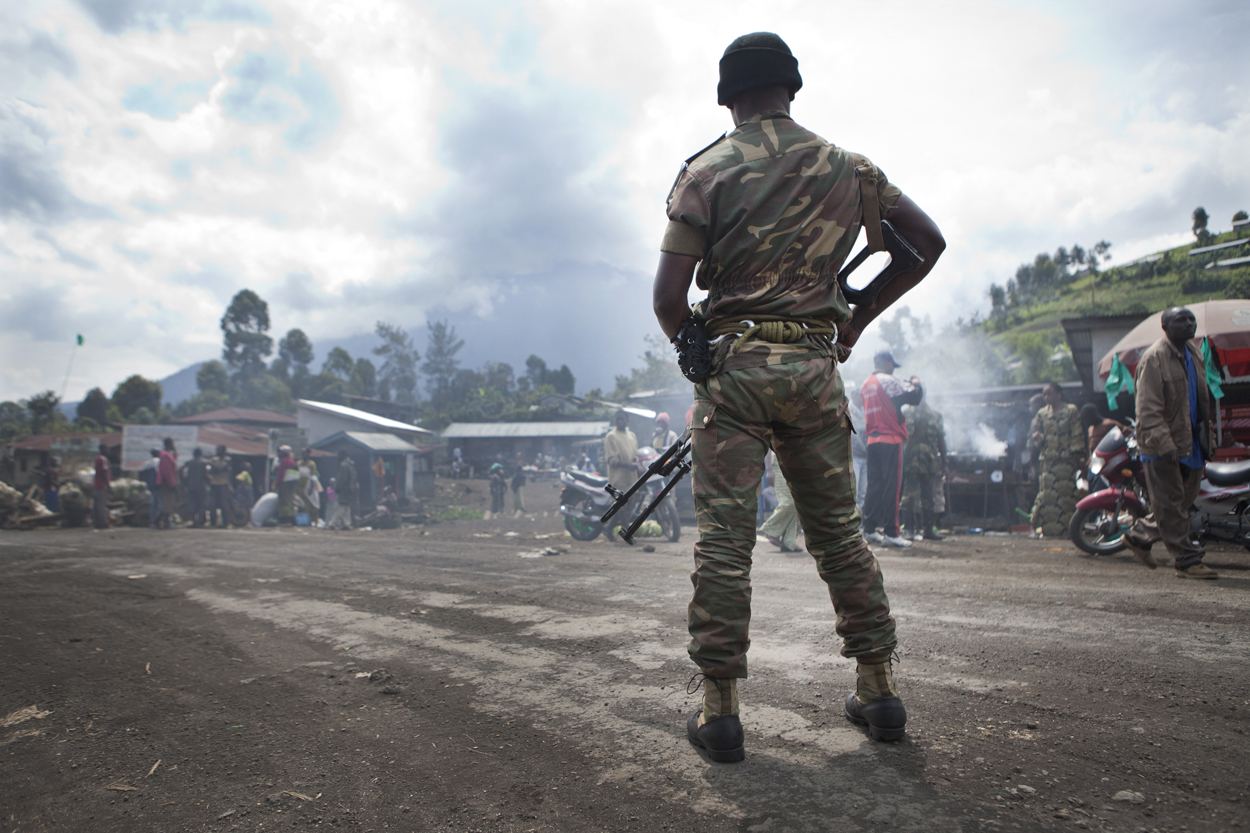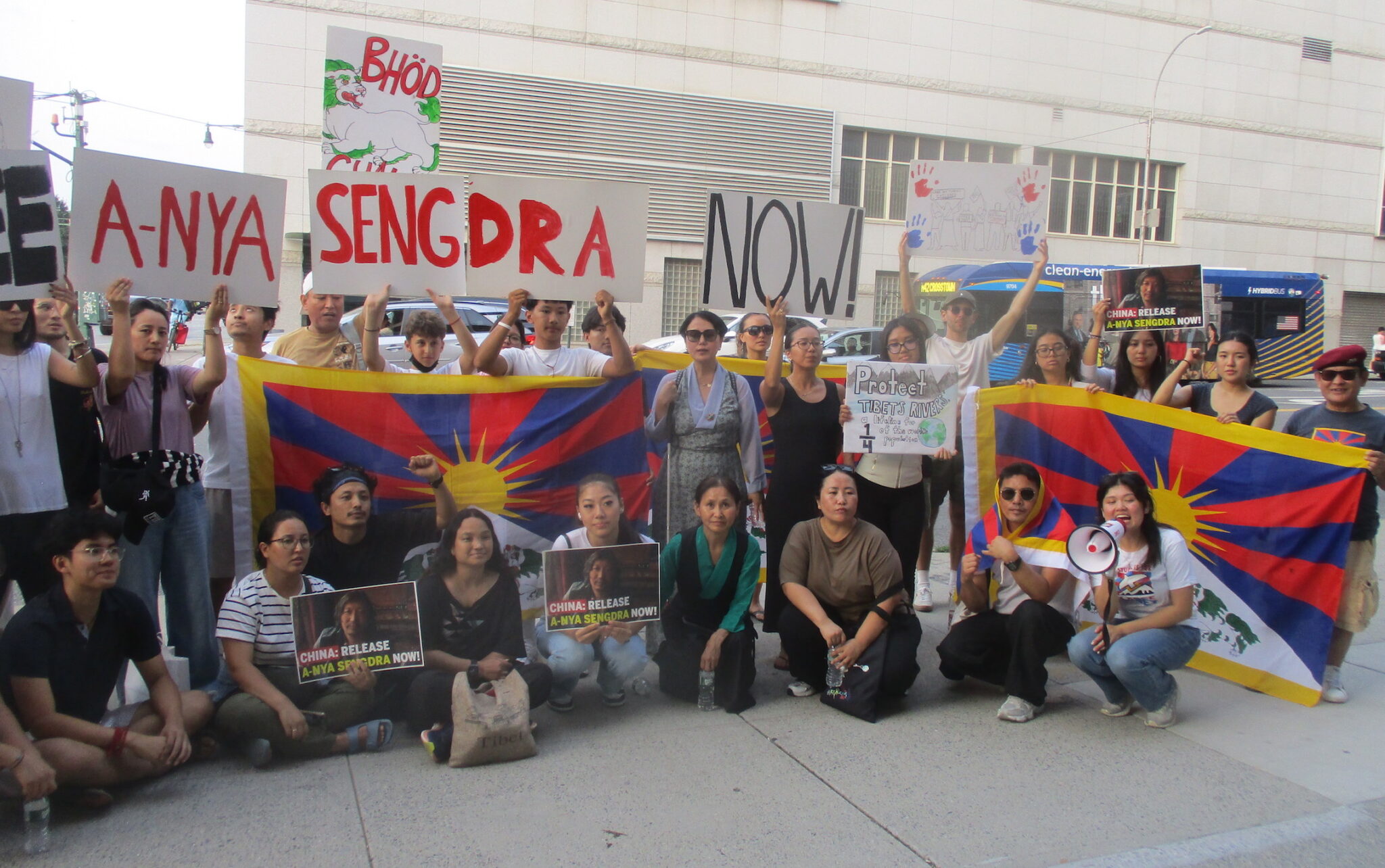
Demand release of imprisoned Tibetan nomad leader
The New York chapter of Students for a Free Tibet held a rally outside the Chinese consulate in Manhattan to demand freedom for A-Nya Sengdra, an imprisoned Tibetan nomad leader and ecologist. Sengdra, who had long campaigned against corruption, illegal mining and wildlife poaching, was arrested in September 2018 in Golog Tibetan Autonomous Prefecture of Qinghai province, and charged with the usual offenses of “gathering people to disturb public order” and “picking quarrels and provoking trouble.” Convictions follow as a matter of course in such cases, and Sengdra spent the next seven years in near-total isolation, suffering severe deterioration of his health. He was initially scheduled for release the day before the rally, but weeks earlier authorities brought new charges against him while he was still imprisoned, extending his sentence through February 2026. (Photo: CounterVortex)



